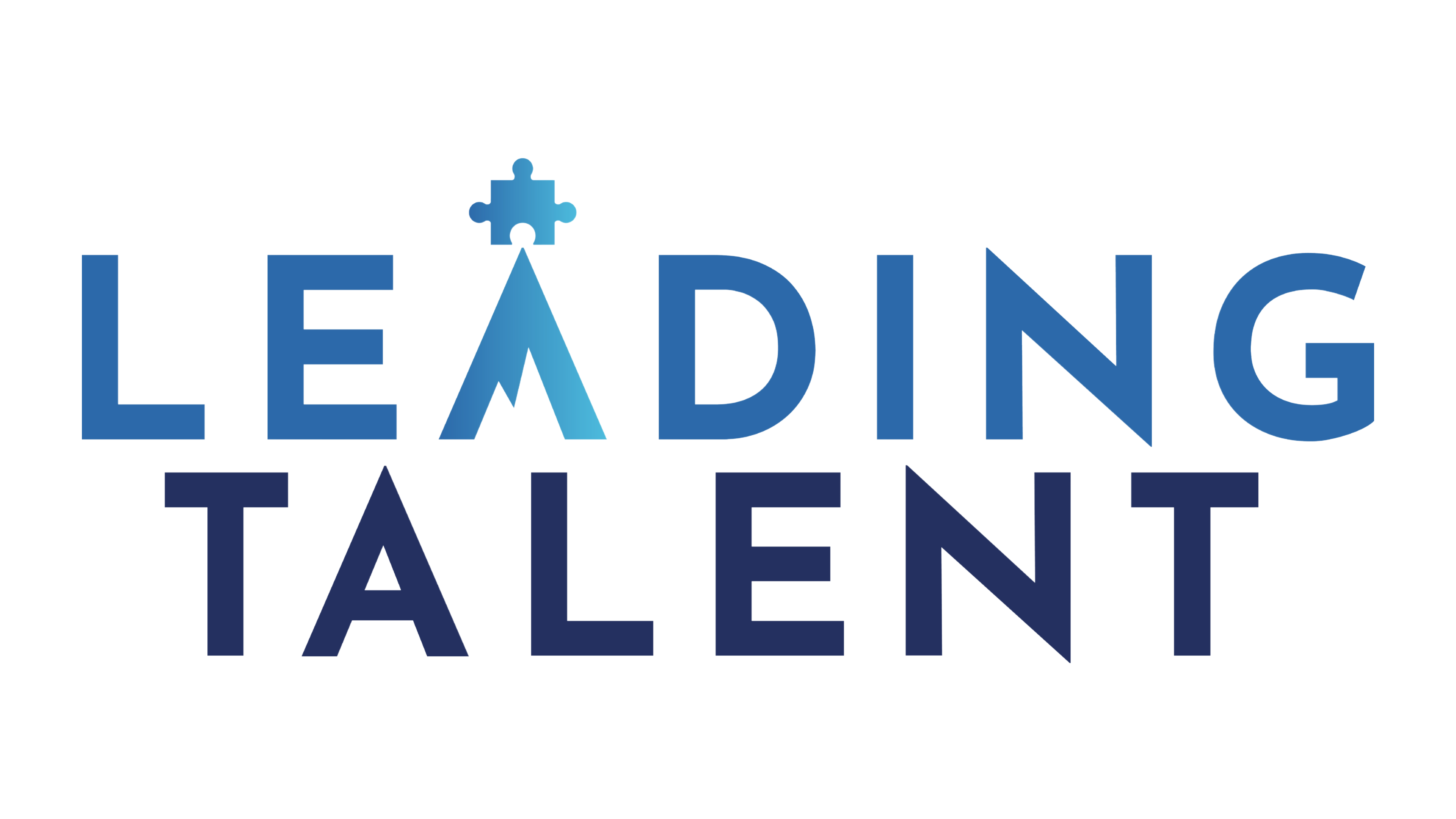September 12th 2024
Published by Tyrell Drysdale
AI Standards and Legal Intervention
As discussed on our previous article, What is to come? A Tech News Thursday Article, it was highlighted that we ought to begin this new year of Tech News Thursday articles by shedding a light on current AI standards and legal interventions that we are currently seeing based on the advancement of Artificial intelligence and its influences (positive or not).
This article will ultimately elucidate what AI standards are, the UK’s framework for AI regulation, the latest news in pop culture, and recommendations from the Law Society.

In an article by the Financial Times titled ‘US, Britain, and Brussels to sign agreement on AI standards,’ it is discussed that these three jurisdictions (arguably the most influential in terms of technology and development), are set to sign the first international treaty on the use of AI. The treaty, established by the Council of Europe, is subsequently set to emphasise one’s rights and democratic values (as welcomed in the Financial Times article), setting out a legally binding framework that essentially covers AI systems and programs. In another article titled ‘US, UK, and EU Set to Sign Landmark International AI Treaty‘ by Technopedia, it is best to also note that this treaty is in fact separate to the EU’s recent attempt at national authority by enforcing the European Artificial Intelligence Act [2024] OJ L, 2024/1689 due to it being open to other states and jurisdictions outside of the EU membership.
According to The UK’s framework for AI regulation by Deloitte UK, the UK’s AI framework sets out five core principles to allow existing regulators to interpret and apply within their own guides. This includes:
Safety, security and robustness;
Appropriate transparency;
Fairness;
Accountability and governance; and
Contestability.
Taking this into consideration (as well as the core values of other member jurisdictions), it can be said that the authority of the US, UK, and EU treaty is likely to employ “real teeth” as stated by Kyle in the Financial Times report. It can however, be counter-argued that there is a clear lack of sanctions imposed on a jurisdiction/ state that fails to abide by the treaty rules; hence the reasoning behind the Financial Times report explaining that there are no current financial penalties (or other means of penalties) on the table as a deterrent for a member failing to adhere to the values and rules of the treaty.
Does this allow AI concerns to continue? Arguably, that seems to be the case.
As discussed in other Tech News Thursday articles, musicians are currently battling rights over their own voices – the latest news on this concern being mega star, Taylor Swift, weighing in on the matter and publicly casting her vote for Kamala Harris amid a false AI-generated claim. Considering the influence that Swift has (especially on her younger audience members that may be swayed into voting because of her), such false claims can truly change the nature of a jurisdiction and that is part of the reason as to why critics are scorning the sheer fact that the US, UK, EU treaty has practically no true penalties against a member that does not respect the values and objectives of the treaty.
Could this issue become a wider issue if the treaty continues not to impose any sanctions or deterrents?
Find out next week what the UK Law Society has to say on AI concerns and the idea of legal intervention.
See also:
How will AI Impact the Legal Profession? Bing Videos
Regulation – EU – 2024/1689 – EN – EUR-Lex (europa.eu)
Meet the Requirements of World’s First Certifiable AI Governance Standard — ISO 42001
(14) Musicians are now Fighting AI | LinkedIn
(14) Will AI Take Away Musicians? A Tech News Thursday Newsletter | LinkedIn
Taylor Swift’s AI ‘Fears’ Drive Kamala Harris Debate Endorsement (msn.com)
Original Post https://www.linkedin.com/pulse/ai-standards-legal-intervention-tyrell-drysdale-wdhue/